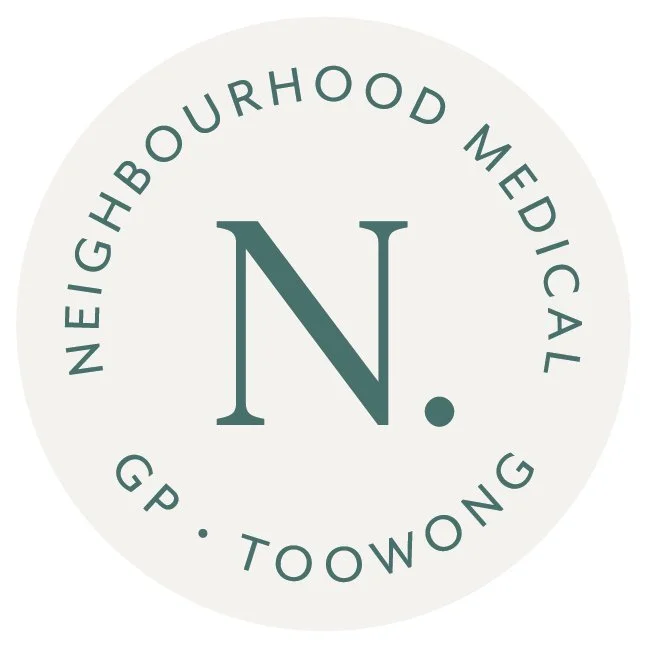Women’s Health: Happy Hormones
Dr Sarah McDonnell
One of the most common things that patients say when they come to see me with worries regarding periods, mood, energy, weight or fertility is “I think it’s my hormones.”
Well, you may be right. From puberty to post-menopause, our hormones are powerful chemical messengers influencing many aspects of our health and wellbeing as women, including periods, fertility, mood and weight. They can be forces for good, strengthening our bodies, helping us conceive, making us feel good – or sometimes not so good.
There are multiple interconnected hormonal pathways active within our bodies. Individual women have different natural hormonal patterns and also respond differently to hormonal medications such as the pill. Just as there is no single “normal” pattern for puberty, periods, pregnancy or perimenopause, there is no one size fits all approach to diagnosing and managing common medical problems in these areas.
It’s all about understanding what’s happening in your own body at each stage of life.
A good place to start is with some quality information. Everybody experiences things differently, and it’s worth remembering that what applies to your sister, friend or even a wellness guru may not apply to you at all. The internet is awash with scary stories. Websites such as https://www.jeanhailes.org.au provide up to date information that is based on trustworthy scientific evidence.
Some medical conditions caused by problems with our female reproductive hormones include:
Poylcystic ovarian syndrome: this common condition may cause women many have some or all of the following symptoms - irregular periods, acne, weight gain, trouble conceiving, mood problem.
Early or premature menopause – absence of periods from a younger age than expected, possibly associated with hot flushes and menopausal symptoms
Perimenopausal symptoms – a wide range of physical and mental symptoms can be associated with the hormonal fluctuations in the years leading up to menopause.
Under or overactive thyroid: can lead to problems with weight, energy, fertility and periods amongst other issues.
Premenstrual syndrome and related mood disorders including premenstrual dysphoric disorder (PMDD), a severe mood disorder affecting some women.
All of these conditions and more can be diagnosed by your GP and may be managed with lifestyle measures and/or medication, with referral on to other specialists and allied health professionals when necessary. The GPs providing medical services at Neighbourhood Medical are experienced in and passionate about women’s health. They are ready and able to listen to you in detail, help you figure out what is going on and consider what your best treatment options are. Evidence-based GPs can help you weed out the false promises and avoid some danger areas. And if it isn’t your hormones (and often it’s not), your GP we can help with whatever else it may be, from medical illnesses to stress and the ups and downs of life.



